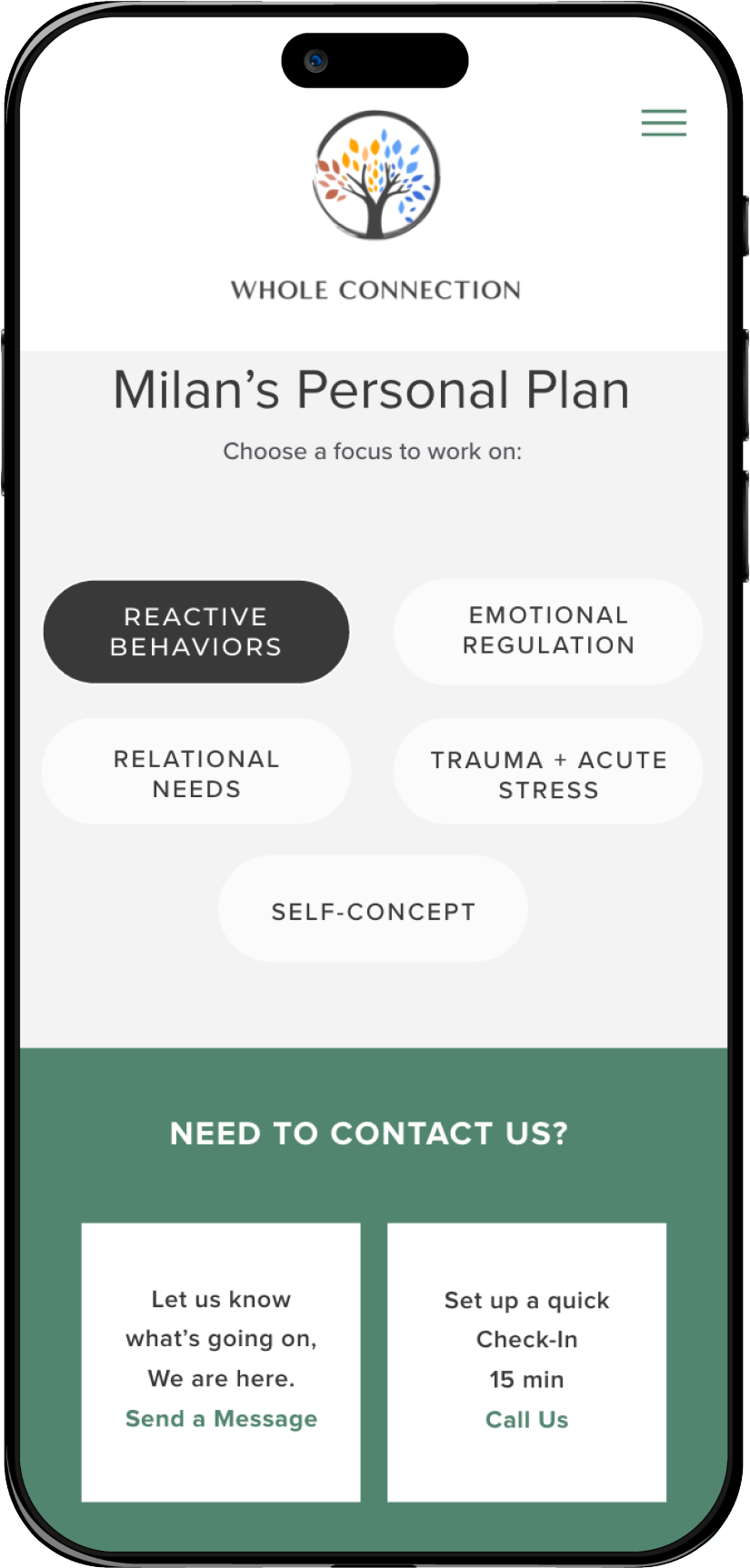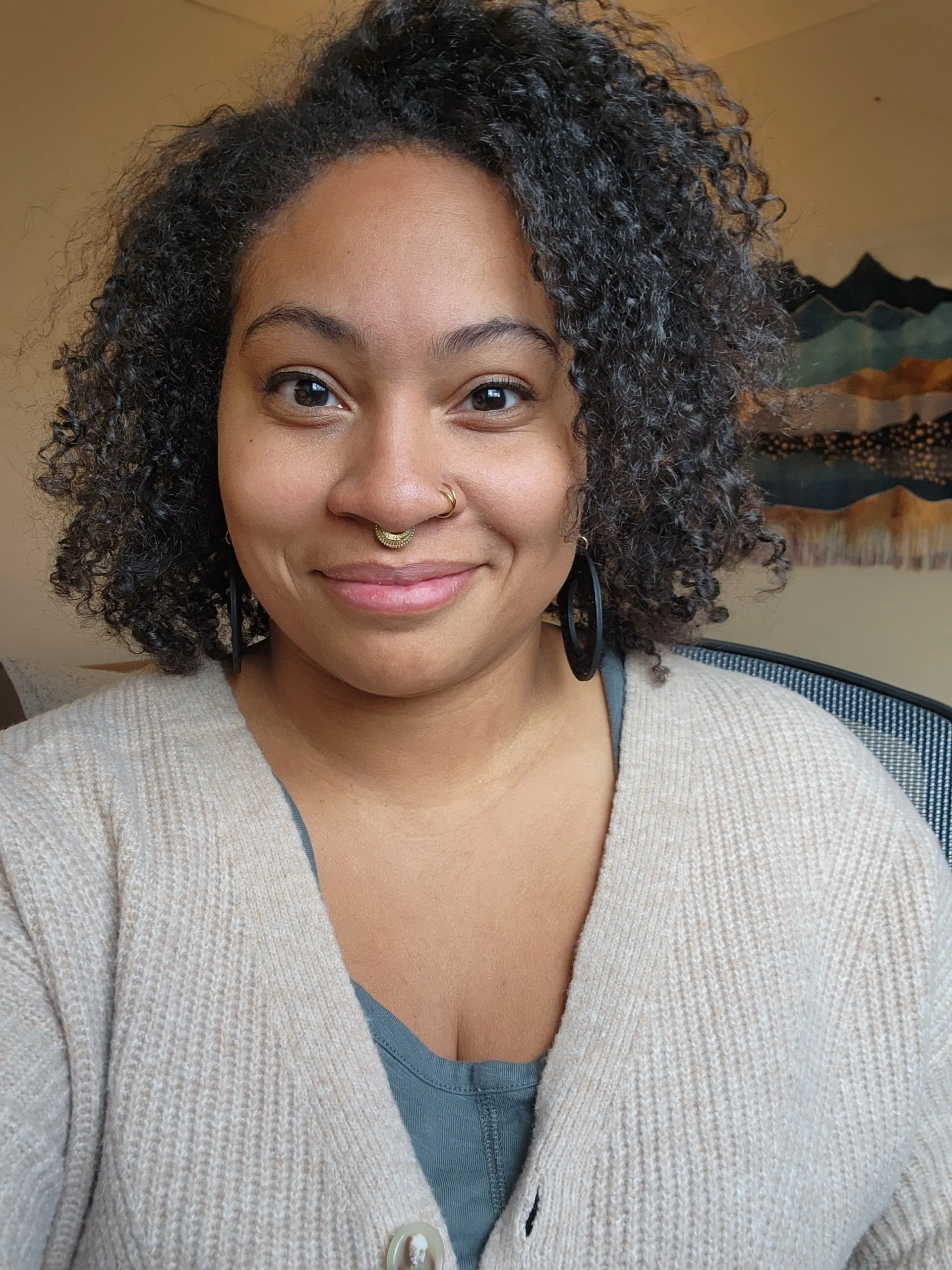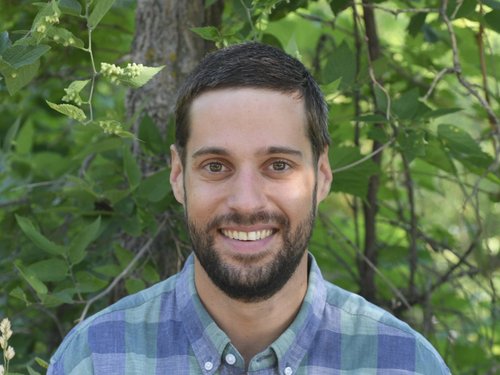Relationships are fundamental connections between individuals that involve emotional bonds, interactions, and mutual support. They exist in various forms, including romantic partnerships, friendships, familial ties, and professional relationships, each contributing uniquely to one’s social and emotional well-being.
Healthy relationships are characterized by mutual respect, trust, communication, and empathy. They provide emotional support, companionship, and a sense of belonging. Effective communication is crucial in relationships, enabling individuals to express their thoughts, feelings, and needs openly and honestly, while also listening actively to others. Respect for boundaries and differences is essential, allowing each person to maintain their individuality and autonomy within the relationship.
Challenges in relationships can arise from conflicts, disagreements, or differing expectations. Effective conflict resolution skills, such as compromise, negotiation, and seeking common ground, are valuable in navigating these challenges. Building and maintaining healthy relationships requires ongoing effort, commitment, and understanding from all parties involved.
In romantic relationships, factors such as intimacy, compatibility, and shared values play significant roles in fostering connection and longevity. Trust and loyalty are foundational to building strong bonds in any relationship, providing a sense of security and emotional safety. Building and maintaining healthy relationships can contribute positively to overall mental and physical health, enhancing happiness, resilience, and life satisfaction.













